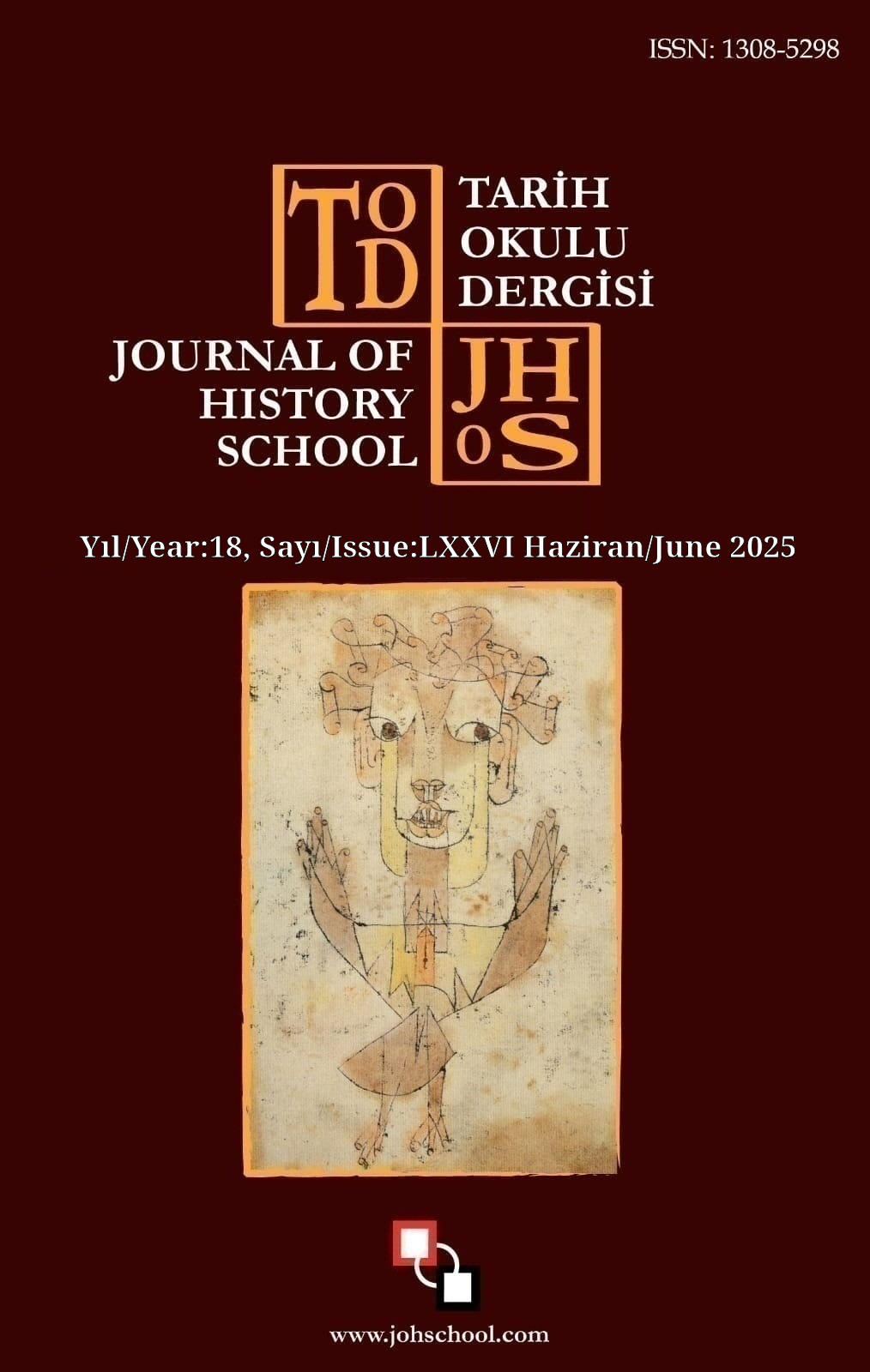Author :
Abstract
Bu çalışmanın amacı, ortaokul yedinci sınıf fen bilimleri dersi “Kuvvet ve Enerji” ünitesin de GEMS (Great Exploration in Math and Science- Fen ve Matematik Eğitiminde Büyük Buluşlar) yaklaşımının öğrencilerin zihinsel yapılarına etkisinin incelenmesidir. Çalışmada tarama modelinde betimsel araştırma deseni kullanılmıştır. Araştırmanın çalışma grubunu 32 yedinci sınıf öğrencisi oluşturmaktadır. Uygulama çalışmaları toplam 4 hafta sürmüştür. Deney grubunda (N=16) GEMS tabanlı öğrenme programına, kontrol grubunda (N=16) ise 2018 fen bilimleri dersi öğretim programına göre dersler işlenmiştir. Veri toplama aracı olarak uygulama öncesinde ve sonrasında Kuvvet ve Enerji ünitesine ait (kuvvet, kütle, ağırlık, kinetik enerji, potansiyel enerji, su direnci ve hava direnci) yedi anahtar kavramdan oluşan kelime ilişkilendirme testi kullanılmıştır. Öğrencilerden yedi anahtar kavramın zihinlerinde çağrıştırdığı kelimeleri yazmaları istenmiştir. Bulgular grupların kelime ilişkilendirme testinden elde edilen kelime çeşidi ve frekansına bakılarak kavram ağı haritaları ile elde edilmiştir. Kavram ağı haritaları kesme noktası tekniğiyle oluşturulmuştur. Analizler sonucunda kavram ağı haritalarına bakıldığında GEMS yaklaşımına dayalı derslerin yürütüldüğü deney grubunda, 2018 fen bilimleri dersi öğretim program tabanlı derslerin işlendiği kontrol grubu öğrencilerine göre yazdıkları kelime sayısı ve çeşidi bakımından kavramları daha anlamlı öğrendiği sonucuna ulaşılmıştır.
Keywords
Abstract
The aim of this study is to examine the effect of the GEMS (Great Exploration in Math and Science) approach on the mental structures of students in the "Force and Energy" unit of the seventh grade science course of secondary school. In the study, descriptive research was used in the screening model. The study group of the study consists of 32 seventh grade students. The application studies lasted a total of 4 weeks. In the experimental group (N=16), the GEMS-based learning program was processed, and in the control group (N=16), the courses were taught according to the 2018 science curriculum. As a data collection tool, the word association test consisting of seven key concepts (force, mass, weight, kinetic energy, potential energy, water resistance and air resistance) belonging to the Force and Energy unit was used before and after the application. Students were asked to write down words that seven key concepts evoke in their minds. The findings were obtained by concept network maps by looking at the word type and frequency obtained from the word association test of the groups. Concept network maps are created with the breakpoint technique. As a result of the analyzes, when the concept network maps were examined, it was concluded that in the experimental group where the courses based on the GEMS approach were conducted, the 2018 science curriculum-based courses were taught more significantly in terms of the number and type of words they wrote than the control group students. In line with the findings obtained from the study, in-service training should be provided to teachers in order to use the GEMS-based learning program more effectively, and it may be recommended to prepare guidebooks for GEMS approach for science teachers.





